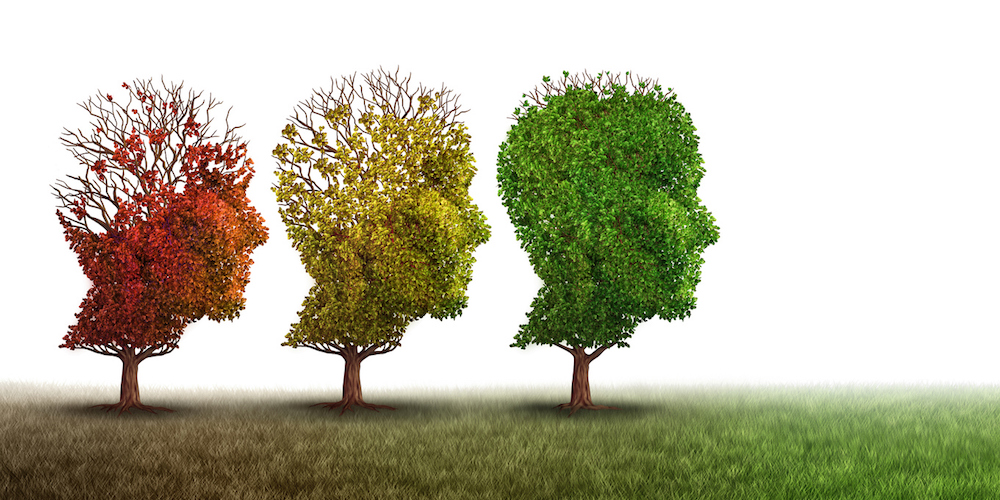Dr Catherine Quinn, of the Centre of Applied Dementia Studies at the University of Bradford, says, “COVID-19 has led to changes to people’s lives as we all adjust and adapt to the lockdown and social distancing. For people with dementia and carers, these changes have a major impact as they may no longer have access to support services and are at increased risk of social isolation. Having to stay within the home means having to make changes to routines and lifestyles. People can also be anxious about being able to access food and medications.”
The University of Bradford has recently completed a study to find the best way to support people with dementia during this challenging time. The advice builds on the IDEAL programme which seeks to understand and find ways to improve, the experience of living with dementia. For the study the researchers recruited 1,547 people diagnosed with mild to moderate dementia and 1283 carers. The five key messages include:
- Stay safe and well. Put signs up around the house as reminders, for example a sign in the kitchen to wash your hands. Seek help from people you know and trust.
- Stay connected. Make a list of people to phone and plan when to call each one.
- Keep a sense of purpose. Make a plan for the next day every evening. Pin it somewhere that is easy to find like the fridge.
- Stay positive. Remember there will be good days and bad days, but if you are feeling anxious try a relaxation technique or call a helpline.
- Stay active. Try to have a balance of stimulating and relaxing activities. Get some daily exercise outdoors if you can or do something like stretching indoors.




